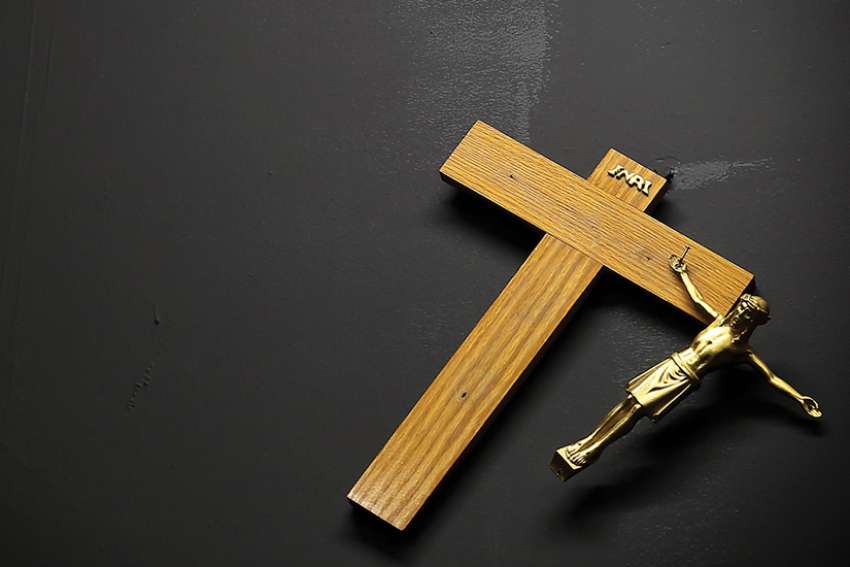“A Good Fit: How Matching Students and Schools by Religion Improves Academic Outcomes” was commissioned by the Christian think tank Cardus. It employed data from the National Longitudinal Survey of Youth 1997 in the United States. The researchers compared the two groups (8,817 students in total) using scores from the PIAT Math standardized test and the ASVAB composite math-reading standardized test.
David Hunt, education program director for Cardus, says that never before has a study examined if matching a Catholic youth with a Catholic school would translate into a positive academic boost. He said the study by Catherine Pakaluk and Nicholas Swanson of The Catholic University of America in Washington, D.C., makes a compelling case for the value of religious schools.
“As governments look to reverse the downward trend in math and reading scores — and close the achievement gap — they need to consider the outsized beneficial effects of allowing students to match themselves to schools that are a good fit for them,” said Hunt.
Pakaluk and Swanson further organized the religious participants in the study into two variables, “strong match” and “weak match.” A strong match — alpha group — is a student with a particular religious affiliation attending a school of that exact religious affiliation, for example a Catholic enrolled in a Catholic school. A weak match — beta group — is a student of a religious affiliation who goes to a school with relatively similar religious doctrine, like a Lutheran attending Catholic school.
Their findings show alpha students eclipsed unmatched students on the PIAT Math exams by nearly 15 percentile points (51.82 to 37.03), while beta-matched students bettered unmatched peers by over 14 percentile points (51.31 to 36.85). The gap is bigger on the ASVAB math-reading test. Alpha students loomed over unmatched students by over 19 percentile points (64.26 to 44.71) and beta pupils achieved an 18-point differential (63.05 to 44.48).
Hunt looks forward to more studies on the upsides of a child’s home, faith and school community practising the same belief system.
“This paper looks at the straight-up metrics. The way that we’re envisioning this is built on a rather novel conception of a garden model compared to a factory model. For the past 100 years or so, researchers have thought of schools as a black box, a factory where you put kids in as inputs. But that is not how children function. We think of schools more as gardens in that there is a broader view of the children’s entire experience in how they grow.
“Let’s think of kids as plants. Certain soil, nutrients, sunlight and different levels of water are needed for different plants. Let’s stop thinking of all kids as raw material.”
Hunt would like to do a similar study in Canada where home-schooled students would also be sampled.
“I would say it this way: Children thrive best when the home, school and faith community are all contributing together in the child’s formation. That’s a key takeaway in trying to understand this study.”


